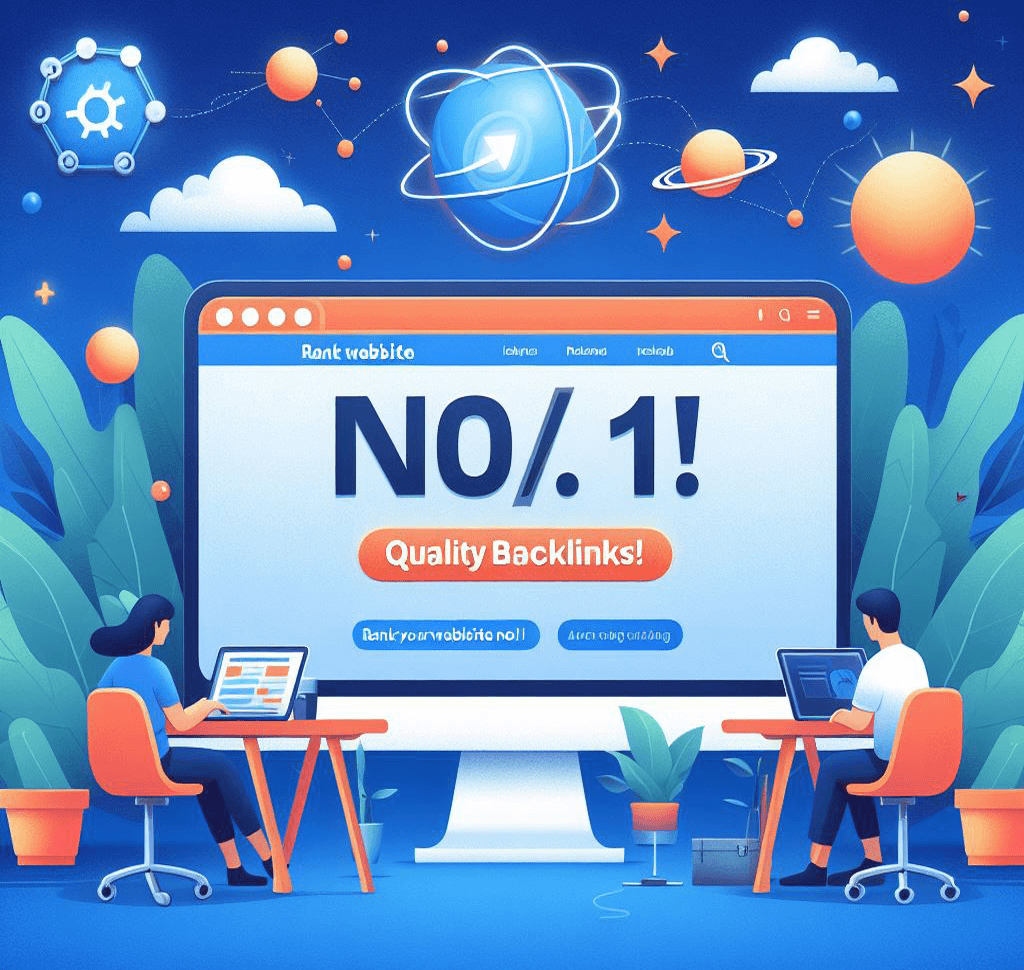In today’s fast-paced and ever-changing world, businesses need to constantly adapt to keep up with technological advances. The way companies operate and generate revenue has evolved significantly over the years, thanks to advancements in technology. In this article, we will explore the evolution of business models and how businesses have adapted to leverage technological advancements.
The Traditional Business Model
Before the digital era, businesses primarily relied on traditional brick-and-mortar models. They operated physical stores, employed staff, and interacted with customers face-to-face. Revenue was generated through direct sales or services rendered. This model worked well for many years, but it had its limitations.
The Rise of E-Commerce
The advent of the internet brought about a significant shift in business models. E-commerce emerged as a game-changer, allowing businesses to reach a global audience without the need for physical stores. Online marketplaces and websites became the new storefronts, enabling companies to sell products and services 24/7.
With the rise of e-commerce, businesses could expand their customer base, reduce overhead costs, and streamline operations. Consumers also benefited from the convenience of online shopping and access to a wider range of products. However, as more businesses embraced e-commerce, competition became fierce, necessitating further evolution.
The Subscription Model
As technology continued to advance, businesses sought new ways to generate recurring revenue. The subscription model gained popularity, offering customers access to products or services for a recurring fee. This model provided businesses with predictable revenue streams and improved customer loyalty.
Companies like Netflix, Spotify, and Amazon Prime successfully implemented the subscription model, offering consumers unlimited access to movies, music, and other digital content. This shift not only changed the way businesses generated revenue but also transformed consumer behavior, with many customers preferring subscription-based services over one-time purchases.
The Sharing Economy
Technological advancements have also given rise to the sharing economy, where individuals can share resources or services with others for a fee. Platforms like Airbnb and Uber have disrupted traditional industries by connecting people who have spare rooms or vehicles with those in need of accommodation or transportation.
The sharing economy has allowed individuals to monetize their underutilized assets and has created new income opportunities. It has also provided consumers with more affordable and convenient options, challenging traditional business models in industries such as hospitality and transportation.
The Gig Economy
Another significant evolution in business models is the rise of the gig economy. Enabled by technology, freelance platforms like Upwork and Fiverr have made it easier for individuals to find freelance work and for businesses to access specialized talent on-demand.
The gig economy has allowed businesses to tap into a global pool of talent without the need for long-term commitments. It has also provided individuals with the flexibility to work on their terms and pursue multiple income streams. This shift has influenced how businesses structure their workforce and has given rise to new opportunities for both businesses and individuals.
The Importance of Innovation
In today’s rapidly changing business landscape, innovation is crucial for survival. Businesses must continually adapt and embrace new technologies to stay competitive. Companies that fail to innovate risk becoming obsolete, as technology continues to reshape industries.
Embracing technological advancements can lead to improved efficiency, enhanced customer experiences, and new revenue streams. Businesses that have successfully adapted their models to leverage technology have reaped the benefits, gaining a competitive edge in their respective industries.
Conclusion
The evolution of business models is an ongoing process driven by technological advances. From traditional brick-and-mortar stores to e-commerce, subscription models, sharing economy, and gig economy, businesses have had to adapt to stay relevant and meet the changing needs of consumers.
As technology continues to advance, businesses must remain agile and open to innovation. Embracing new technologies and exploring new business models can unlock new opportunities and ensure long-term success in this ever-evolving digital landscape.



